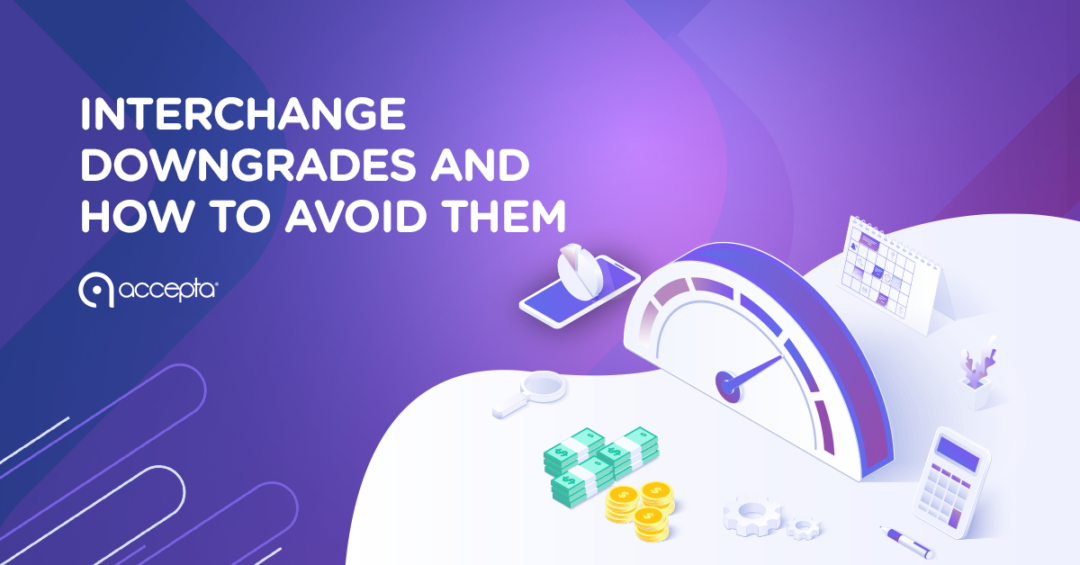The word “downgrade” is generally defined as “to reduce or diminish”, but it has a particular meaning regarding payment processing transactions that most people might not be familiar with.
As a merchant, it’s important for you to know what an Interchange Downgrade is and how it can impact your profits. Once you understand what these credit card transaction downgrades are, you can better avoid them and prepare your business for lower credit card processing fees.
In this article, we define Interchange Downgrades and offer some of the best practices for avoiding them—and saving some money in the process!
What does Interchange mean?
Simply put, an “interchange” is a fee that credit card brands charge for processing credit or debit card transactions. The rate charged by the brands depends on the industry segment, the brand of the card, type of card, and whether the transaction was performed face-to-face, online, or entered manually.
There are hundreds of Interchange categories in the US and and they vary by each card brand.
Why do Interchange Downgrades happen?
Some downgrades are related to the processing device or software, but most are due to how the transactions are authorized and settled.

The way your business performs transactions, and the tools you use in the process, affect the likelihood of Interchange downgrades. Below are some of the potential causes for downgrades:
- Using outdated terminal software
- Differing authorization and settlement amounts
- Address verification system (AVS) errors
- Tips and Tax are not entered separately from the total
- Settled amounts don’t match the original amounts
- Batch is not settled within 48 hours of authorization.
Avoiding Interchange Downgrades
Addressing the issues in the previous section is one way to avoid interchange downgrades.
Another way to avoid them is to work with a Merchant Account Provider that offers reliable operational solutions designed to minimize risks and errors. Choosing a reliable provider that offers first-rate equipment and services is a great way to avoid unethical fees and billing.
Here are some examples of features that can help:
- Insist on having AVS for every manual input transaction.
- Use Smart Terminals that seamlessly updates its software.
- Use transaction systems that have separate, dedicated fields for sale tax and tips.
- Opt for a provider who caters to your specific needs with diverse pricing options and best practices.
- Set up automatic daily batches to avoid unintentionally settling beyond the 48-hour timeframe.
At Accepta, we offer assessment and consultation to help you find the cause of your business’ interchange downgrades. For more information, contact our team at (787) 774-1555 or visit us at www.acceptapayments.com.

